Fran Boait
Tue, 21 February 2023

Photograph: Justin Tallis/AFP/Getty Images
Another week, another corporate monopoly recording huge profits off the backs of millions struggling to pay bills, feed their families and keep the lights on. This time it’s the turn of the big banks, which are reporting record profits driven by the interest rate hikes that the Bank of England has continued to ratchet up, despite its own admission that this may do little to bring down inflation, which is driven by high fossil fuel prices.
Today HSBC reported doubling its quarterly profits to £4.3bn for the end of 2022. The big five banks – Barclays, HSBC, Lloyds TSB, NatWest and Standard Chartered – look set to post profits of £37.4bn as they reveal their earnings for 2022. These are the highest since the 2008 crash and are coming straight from households and small businesses in the form of higher mortgage payments, and increased rates on loans. Banks are also set to receive £150bn in the next six years from the Bank of England paying interest on the risk-free reserves banks hold with the central bank, an average of £25bn a year essentially just for sitting on cash.
The scale of this transfer from the public to banks is especially difficult to justify at a time when most workers are barely able to cover the essentials, and public services are facing even more cuts. And it’s not as if the banks are passing these interest rate hikes on to savers; they are hoarding them, and paying out huge bonuses after the government removed the bonus cap. Last week Barclays reported £1.8bn was paid out in bonuses, from a total of £7bn profit, and NatWest profits increased by a third to £5.1bn.
The interest rate hikes that banks are benefiting from are not inevitable or necessary, they are a symptom of the dysfunctional institutional setup of macroeconomic policy and economic thinking. The idea is that by increasing the cost of credit, businesses will cut back on staff, increasing unemployment, and so reducing the ability of workers to win higher wages. But wages are not driving inflation – pay has been failing to keep up with inflation for more than a decade in the UK. The main culprits are fossil fuel prices and corporate profiteering.
Aside from the reality of what is driving inflation, surely economic policy should never be purposefully driving unemployment, lowering wages and pushing people into poverty? And if it does, shouldn’t we ask what kind of economy we are living in? And while the governor of the Bank of England has criticised workers for asking for a pay rise, he has supported lifting the bankers’ bonus cap, and the Bank has itself given out £23m in bonuses, all the while saying nothing about the role of corporate profits.

Just like oil and gas companies, banks are cashing in on the cost of living crisis, and should be subject to the same taxes on their unearned windfalls. The former Bank of England deputy governor Sir Charlie Bean has supported the plan, suggesting that it could raise tens of billions of pounds. If the government increased the existing surcharge on bank profits from 3% to 35%, in line with the energy profits levy, this would raise £67bn over the next five years. A bank windfall tax must avoid the loopholes the energy levy contained, which BP and Shell have exploited in recent months. The oil giants have been allowed to avoid paying the tax in full by chucking loads of money into fossil fuel exploration.
Bank profits are being announced amid a backdrop of giveaways to the City from the government. Rather than any increase to the banking surcharge, in the last budget bankers won a 60% reduction to it, from 8% to 3%. As usual City lobbyists rolled out myths about themselves as the “engine of the economy, providing jobs and investment up and down the country”. The reality is that big banks are heaping crippling interest rates on to small businesses and mortgage holders, while reducing the amount they lend to those who need it.
This year the Edinburgh reforms, otherwise known as big bang 2.0, will rip up the post-crash regulation aimed at constraining banks’ worst excesses. It should come as no surprise that the Conservative party is a cheerleader for the finance sector, from the direct financial ties, the revolving door and the direct lobbying access. Between 2020 and 2021, the Conservatives received £11.5m from the finance sector and almost one in three meetings with Treasury ministers were with big finance and its lobbyists; it is by far the most powerful lobbying force in the UK. Evidence of them falling over themselves to help out big finance was on display this week as the City minister, Andrew Griffiths, even proposed banks could sue the Bank of England for forcing them to hold more capital against their lending, ie for doing their job of protecting financial stability.
Unexpectedly, the precedent for applying a bank profit windfall tax after interest rate hikes comes from Margaret Thatcher, an infamous champion of the City. And she did it while pushing forward with financial deregulation, culminating with the original “big bang”. The parallels with 1981 are a reminder that while a windfall tax would be a step in the right direction, it would have to be part of a wider agenda to loosen the grip big finance has over our democracy, rein in the big banks, and purpose finance with the task of actually supporting communities, and a green, just, transition.
Fran Boait is executive director of campaign group Positive Money



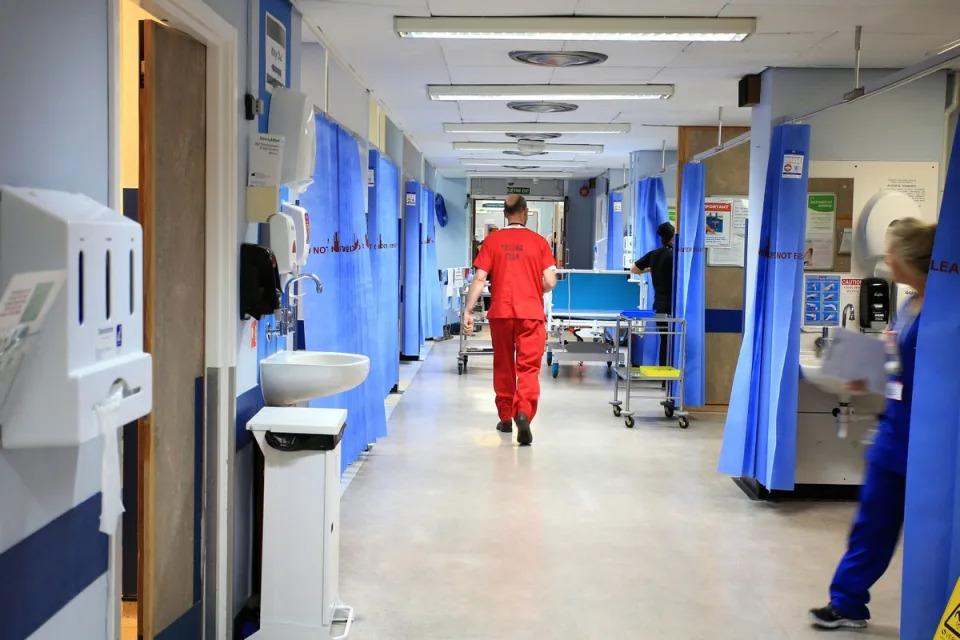
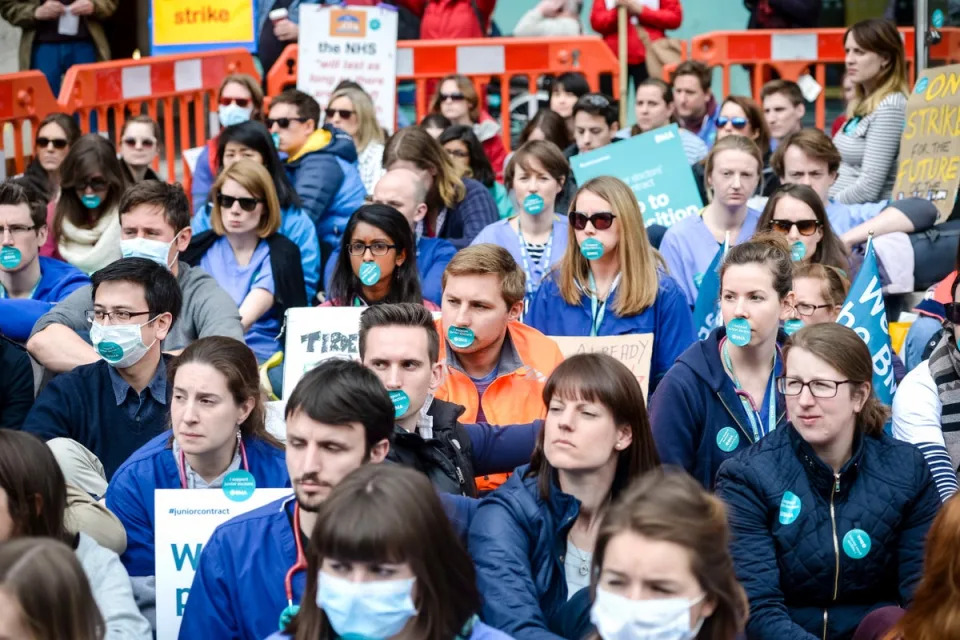
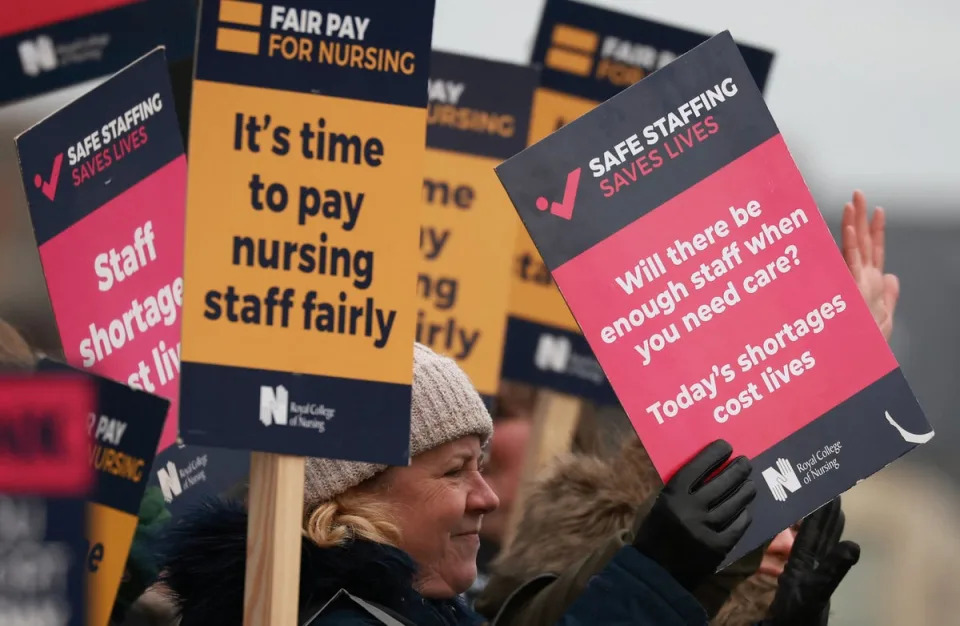



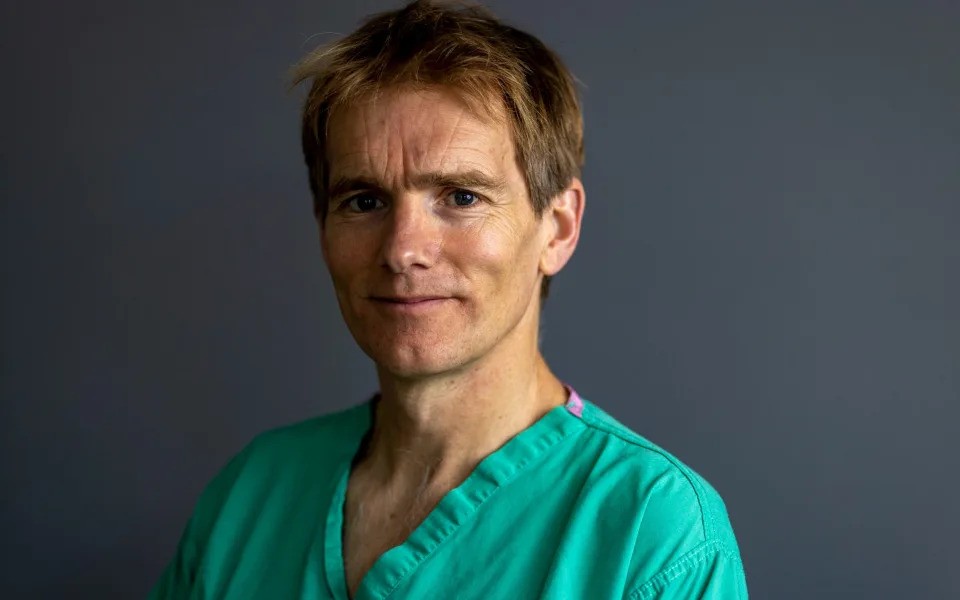




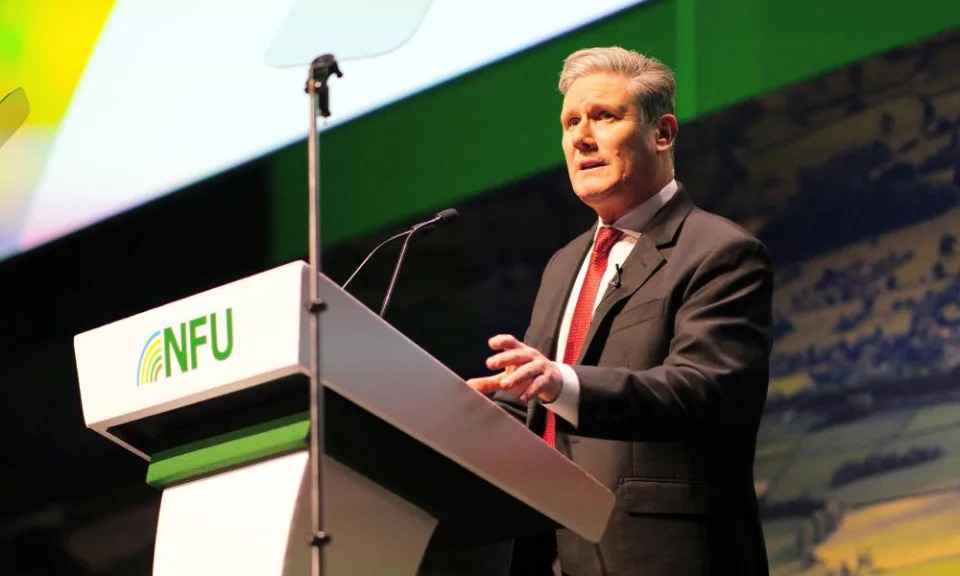
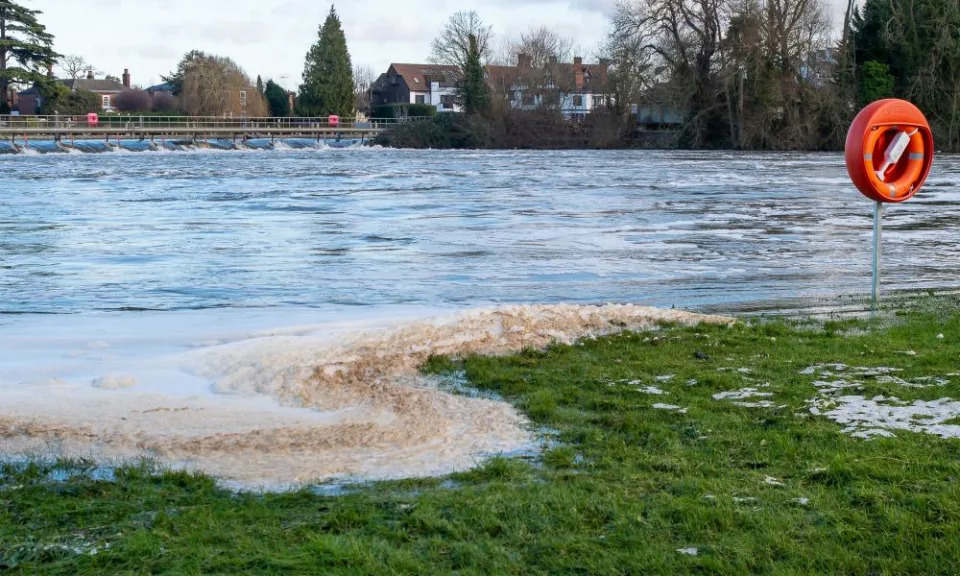


 Newsweek
Newsweek